| Adil Hussain is not your average actor. He’s a chameleon, a shapeshifter, a man who disappears into his roles with an almost unsettling intensity. From the brooding patriarch in “Life of Pi” to the menacing gangster in “Ishqiya,” Hussain has played them all, each character a brushstroke in the grand portrait of his artistry. In this in-depth interview, we delve into the mind of this extraordinary actor. We explore his process, his inspirations, and his thoughts on the art of acting. We talk about his journey from Delhi to Hollywood, his memorable roles, and his hopes for the future. |
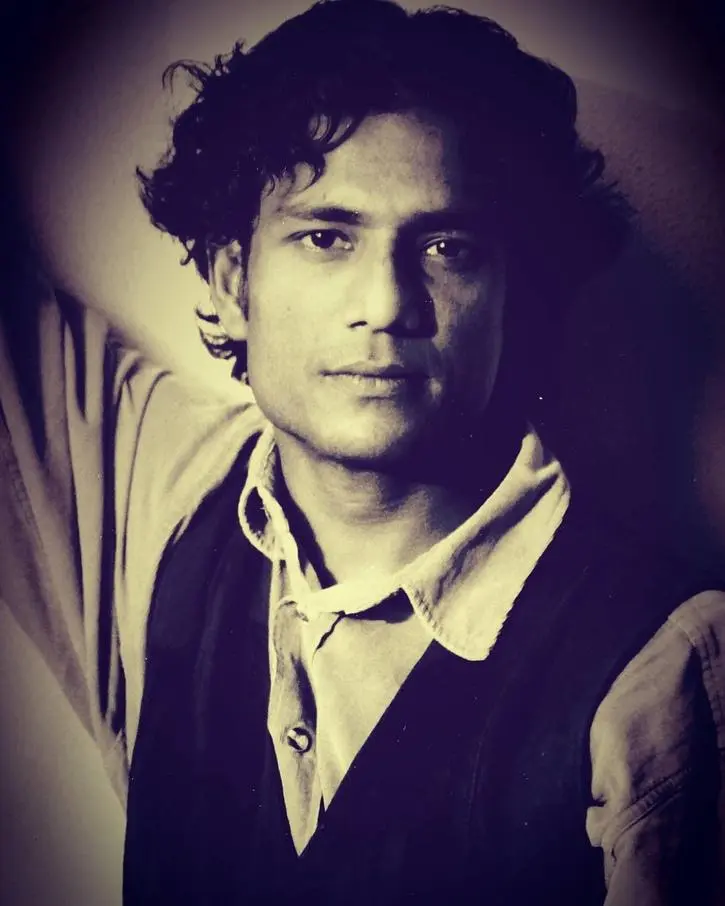
Q1. Can you tell us about your journey into acting and what inspired you to pursue a career in the film industry ?
My journey started a long time back since I was 8 years old. I did my 1st play called Cap Maker and The Sailor in my kindergarten, annual day. That was my 1st play and the day I fell in love with acting. I won best comedian, best actor, in various plays over the years. I went to Guwahati to study and I joined the Assamese Guwahati Theatre scene and started working there in Assamese film industries since 1985. I acted in quite a lot of Assamese feature films, video films, tele films, radio plays and street plays from 1985 till 1990 after which I won a scholarship to study in the National School Drama. Shortly after, I scored a scholarship to study acting in the Drama Studio London. Upon my return, I started teaching in the National School of Drama. I didn’t initially want to want to act in Hindi films because I didn’t like the films they were making in the 80’s but this film seemed to be one of the good films so after I read the script and auditioned for it, I got the part of Vidya Balan’s husband in the film Ishqiya.
Q2. You’ve had the opportunity to work in a variety of films, including both Indian and international productions. How do you choose your roles and what factors influence your decision to take on a particular project ?
Predominantly, it’s the script, the people who are involved and the work they have done. I’ve worked with a lot of newcomers and I trust my intuition whether I feel good about the person who’s directing the film and if the film is good. I made a few mistakes of course, choosing films which are not to my taste but also whenever I need a little bit of money I choose from one or two of the more commercial films so that I can pay my bills, otherwise I tend to stay in the area of independent films but I’m also very grateful to the commercial films because they give me the money as well for me to buy time for my family.
View this post on Instagram
Q3. “English Vinglish” was a critically acclaimed film where you played a significant role. What was it like working with the late Sridevi and director Gauri Shinde, and how did this film impact your career ?
Yes, English Vinglish was a turning point in my popularity in Indian film world because that film was watched by so many Indians. Is is also a very well made film with a heart-felt story written by the director Gauri Shindey, so that was one of my most favourite films. Working with Sridevi was an absolutely great opportunity for a new comer like me. She was extremely respectful towards me, towards everyone around and she was an extremely fantastic listener. I really cherish the shoot, experience the film, the impact of the film on people is truly an unforgettable experience.
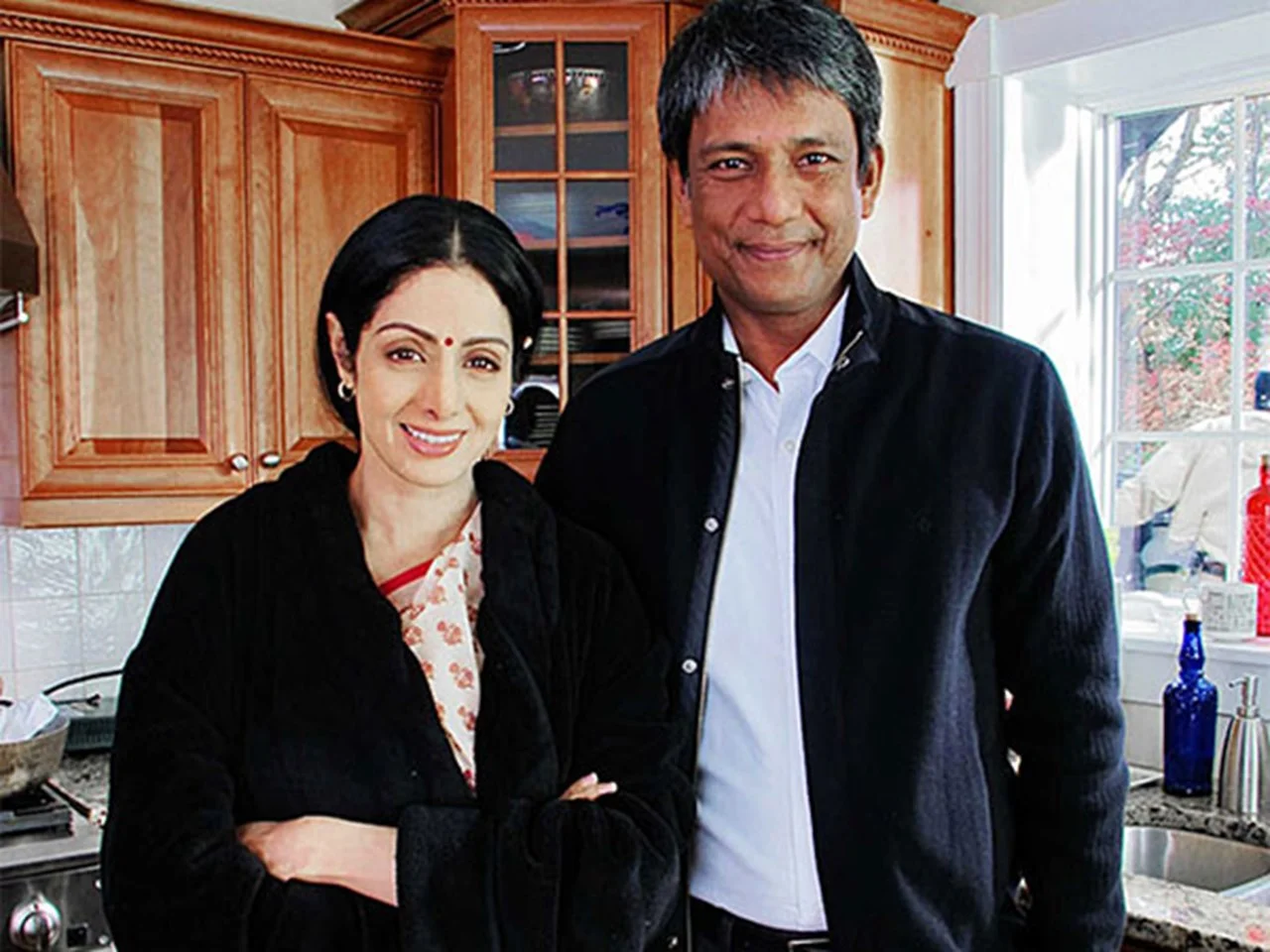
 Q4. “Life of Pi” is one of your most internationally recognized roles. Can you share your experience working on such a visually stunning and unique project with acclaimed director Ang Lee ?
Q4. “Life of Pi” is one of your most internationally recognized roles. Can you share your experience working on such a visually stunning and unique project with acclaimed director Ang Lee ?
Like English Vinglish, Life of Pi was also the turning point of my life where I was introduced to world cinema and world audience across the globe so that was an amazing opportunity for me. I don’t know how I got it, of Course I auditioned for it. Working with Ang Lee is a delight, an experience in itself because of his humility, his way of minimal direction that he lets the actor dig deep into the truth of the situation. It is a great craft that he has processed.

Q5. “The Reluctant Fundamentalist” is another noteworthy film in your career. What challenges did you face while portraying a character in a politically charged drama, and how did you prepare for this role ?
The Reluctant Fundamentalist is a very volatile film in very complex ways. Mina Nair; she is again a brilliant director; she chooses stories which have a lot to say about what is happening around the world. She chooses stories also of underdogs quite often. You know, it is important for all of us, all the citizens across the country in India; to be educated, to know what’s going around the world. The game that is being played, the political games, the political strategies, how the world works in terms economical suppressions and how big players try to subjugate, suppress the small countries.

Q6. You’ve been a part of both the Indian and international film industries. How do you see the differences and similarities between these two worlds, and what do you find most fulfilling about working in each of them?
Both have their advantages and disadvantages. They have their own beauty and the limitations. In India we are pretty relaxed and we do not get unnecessarily tense. We have great, amazingly talented people who are ready to work hard inspite of very difficult conditions in the film industry. The disadvantage of these qualities, which I just mentioned, is that we also produce a lot of mediocre content. I would say like 99% is of the most mediocre content from India and it’s because of lack of vision of the people who finance the films. In the West, the disadvantages are that they’re extremely particular and that they get puzzled when things doesn’t happen in time. I see Scandinavian content and even fantastic content coming out from Turkey and Western Europe, European Cinema, Eastern European Cinema, Russia, America, of course. Otherwise, it’s a pleasure to work in both the industries and I am very, very grateful to both the industries.
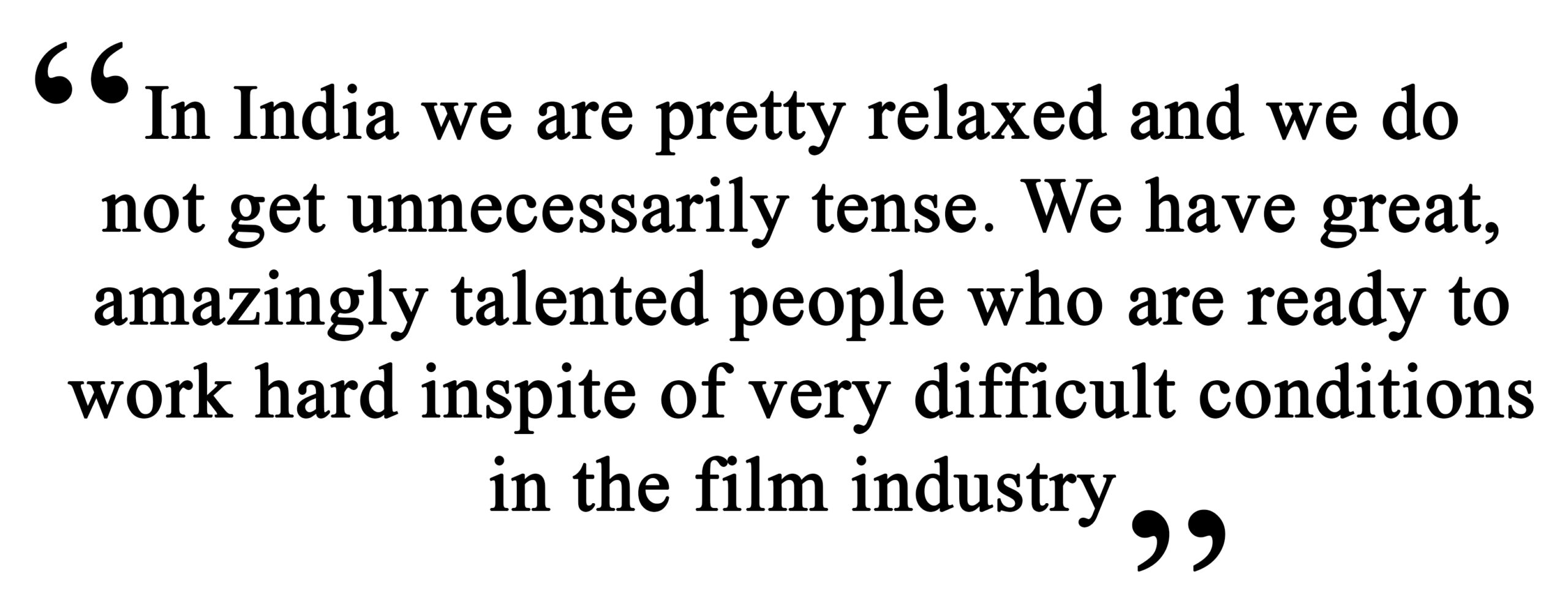
Q7. You’re known for your versatility as an actor. What is your approach to getting into the skin of various characters, and are there any particular methods or techniques you prefer?
I think my basic approach to prepare for a role is to understand the script and the storytelling and to understand why the story is being told. Also, I read the script quite a lot and I try to answer the questions of these five why, where, when, what, who? Like why is this line? Why is this word? Why is this character? Why is this scene? Then who is this character? All the Ws.
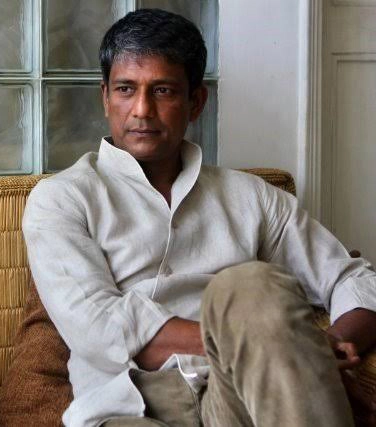 Q8. What are your thoughts on the evolving landscape of Indian cinema and the increasing global recognition of Indian actors and filmmakers?
Q8. What are your thoughts on the evolving landscape of Indian cinema and the increasing global recognition of Indian actors and filmmakers?
Well, I think that India is now coming up not only as an economic power in the world, but also because of the idea of India is its deep -rooted wisdom which had been propagated by the great masters of the country since ancient times. There is a lot of recognition for a lot of good things which are coming out but very few for a country like India we should be getting all the awards because we have such great talents but I think we need to keep we need to up our game in terms of bringing all these great people together creating a good content with lot of hard work.
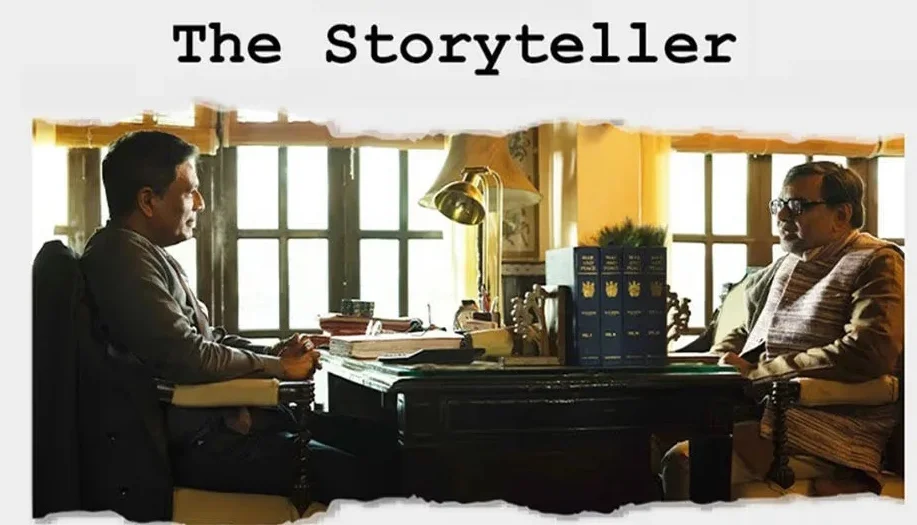
Q9. Can you share any upcoming projects or roles that you’re excited about and would like your fans to look forward to?
I am on a break since last one and a half years. I worked way too hard. I needed a break. Just started working. Something for people to really look forward to would be a film called The Storyteller. The story was written by Satyajit Ray, directed by Anand Mahadevan and in the lead role are Paresh Rawal and me. Apart from that there is another wonderful film called Max Min and Meo Zaki, which is directed and written by Padma Kumar Naseema Murthy, which has been produced by Shamaik Shah and Shail. Right now I am shooting for an Egyptian American film where I am playing a fisherman and Bharatanatyam dancer. I cannot tell you more than that.
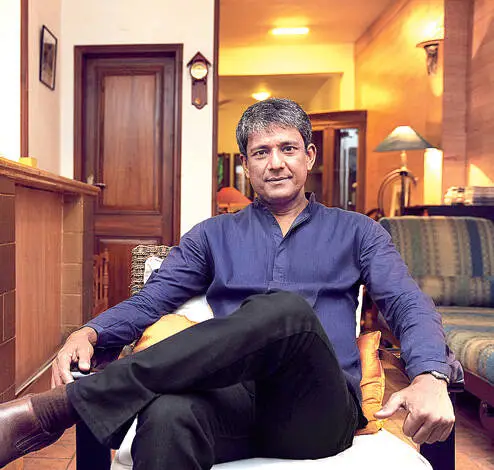
Q10. Beyond acting, are there any other aspects of the film industry or creative pursuits that interest you, such as directing or producing ?
I’m happy being an actor. I love teaching acting. I had been for a long time. As I told you while responding to the first question, probably I love teaching equally as much as I love acting.
View this post on Instagram
Q11. What advice would you give to aspiring actors, especially those looking to make a mark in both the Indian and international film industries ?
The only thing which comes to my mind, what should I tell to the aspiring actors? Learn the craft by doing theatre. Keep doing theatre a lot of theatre. Good theatre with good directors and good writers. Especially try to do great writing from international writers such as Shakespeare, Chekhov, Gouldoni, Ibsen, Peter Schaffers, Bernard Shaw, Indian writers like classical writers like Khalidasa, Babbooti, or modern writers Mahesh Alkanchuaar, Vijay Tandulkar, Ghrish Karnad and Badal Sarkar.





